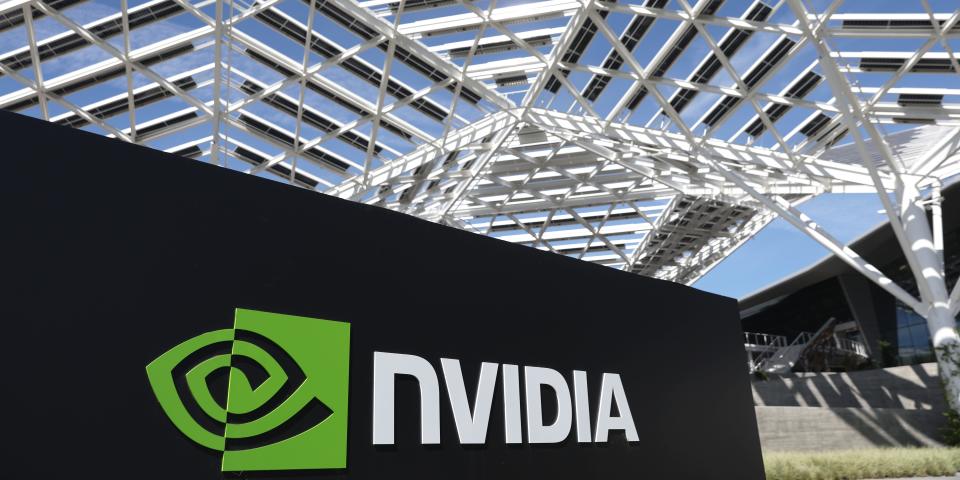Nvidia “seems bubbly” as its semiconductor market share isn’t sustainable, Rob Arnott told CNBC.
Competitors such as AMD and Intel will likely step up efforts to compete with the chip maker.
Nvidia reported another big quarter of earnings Wednesday, beating both revenue and profit estimates.
Nvidia has once again transcended Wall Street estimates, and its latest earnings beat has set off a chain reaction of price target increases.
But among the chorus of bullish excitement, one renowned investor is skeptical about the chip maker’s long-term prospects.
According to Research Affiliates founder Rob Arnott, Nvidia’s market success is based on the idea that it will continue to dominate the semiconductor industry into the future.
“It seems bubbly,” he told CNBC on Thursday. “The price-to-sales ratio is astronomical, and it’s astronomical because their profit margins are absolutely ginormous.”
He went on: “So, are AMD, Intel, and Taiwan Semi going to sit back and say: ‘Oh, you can keep your 50+ profit margins. You can keep your 90+ market share and super chips. Don’t worry about it.’ No, they’re all going to be playing.”
Competition among semiconductor players will be good news for artificial intelligence consumers, Arnott said, as it guarantees that AI’s power rises as costs go down.
To be sure, Nvidia is currently leading chipmakers by a longshot. The firm, citing that demand still outpaces supply, has already announced estimate-beating guidance for the second quarter.
The company’s rise comes as developments in AI have driven a need for its advanced hardware. But this is also true for other semiconductor manufacturers: according to Nvidia-supplier TSMC, the industry faces a 10% sales growth rate.
Additionally, a tech race to implement AI in their products means that multiple chipmakers will be sought after, based on their strengths, Bank of America wrote this month. Among the listed examples were ARM — a blueprint provider for on-device AI — as well as Broadcom and AMD.
Read the original article on Business Insider
Credit: Source link




